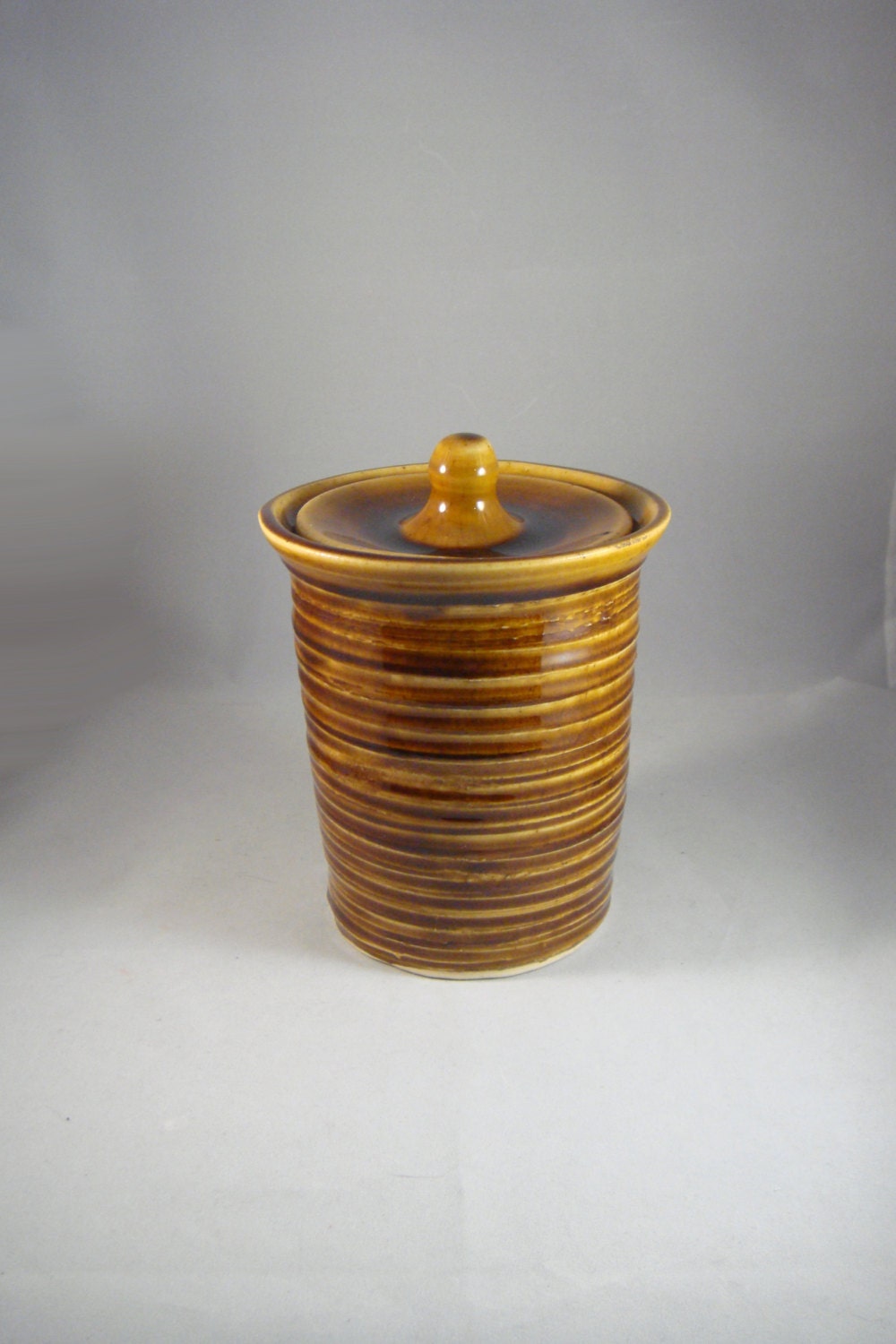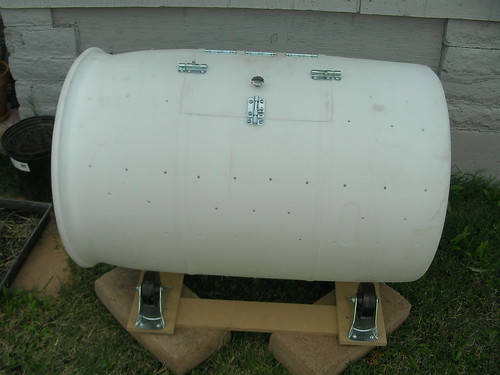By Clarissa C. from GreenBeansDiapers
Composting kitchen waste is a great way to reduce your environmental footprint, reduce the amount of trash your family generates and keep your kitchen trashcan from becoming stinky! Food waste is usually where the odor comes from, but if it's in your composter, not your trashcan, it won't smell! Why should you compost your biodegradable food scraps, and maybe even yard wastes? Because even in landfills, it can take years for these things to breakdown due to lack of sunlight, moisture and microbes. According to www.divinecaroline.com "the Garbage Project discovered easily identifiable food and yard waste that were years old. They estimate that food in landfills does degrade, but at a very slow rate—about 50 percent every twenty years. Even yard waste, by definition biodegradable, was found intact years later."
First keep in mind it is best not to compost animal products like fish, meat, oil or bones. They may contain bacteria that will generate foul smells, attract pests to your outdoor compost area and could contain harmful bacteria that would contaminate any soil mixed with the compost material before given enough time to fully break down. (it is possible, but takes more time, higher temps and better set up)
 There are numerous ways to store and start your composter. I'll start with a kitchen collection bin as the easiest way to save scraps from throughout the day before adding them to the composter. This can be a nicely made ceramic canister like this one found on Etsy:
There are numerous ways to store and start your composter. I'll start with a kitchen collection bin as the easiest way to save scraps from throughout the day before adding them to the composter. This can be a nicely made ceramic canister like this one found on Etsy:Or a plastic one with air tight lid like this one from Home Depot:
 Counter top bins are used to save you trips out to your composter, but not for actually composting in.
Counter top bins are used to save you trips out to your composter, but not for actually composting in.You can compost indoors or out using something like a worm farm to break down large amounts of compost quickly. You should use red worms for this and can have them shipped to your house. A good size box for worm composting can be as small as a shallow 5 gallon container or as complex as a stackable multi-layered worm farm. Both can be kept indoors or out (though must be indoors during cold months). This seems to be the fastest way to compost as the worms can work through large amounts of kitchen scraps quickly. For more information on worm composting, click here!
For us, we compost in a homemade barrel composter similar to this one:
 Material goes in through the front, and is then tumbled with existing compost already inside. There are ventilation holes and locks to keep animals out. This method is great because it doesn't take up much space and is easy to use. The downside to this is that since you are always adding fresh matter to your old stuff, it is never fully broken down. Having two of these is probably the best idea. Still expect to wait a couple of months to have a finer texture compost under good conditions. If overfull, this can also be difficult to turn. From an economical stand point, this is one of the cheapest methods to use to make your own compost at home.
Material goes in through the front, and is then tumbled with existing compost already inside. There are ventilation holes and locks to keep animals out. This method is great because it doesn't take up much space and is easy to use. The downside to this is that since you are always adding fresh matter to your old stuff, it is never fully broken down. Having two of these is probably the best idea. Still expect to wait a couple of months to have a finer texture compost under good conditions. If overfull, this can also be difficult to turn. From an economical stand point, this is one of the cheapest methods to use to make your own compost at home.An even cheaper way to compost at home is to make a compost pit. This only requires a shovel, a space in your yard and some time to dig! This is probably not the best for you if you have dogs or other animals that may try to dig it up. Make sure you put the compost really deep underground, make it atleast a couple of feet. Just dig out a hole or trench, place compost materials you have collected in the bottom and cover with dirt. This way of composting doesn't leave unsightly barrels or tumblers around your yard. It does however take the greatest amount of time to fully decompose versus compost exposed to air. Here's a more in depth article on compost pits.
After you have researched your options and decided on what set up you would like to use, the rest is just left to time. The more kitchen scraps you collect and save, the more trash you are eliminating from your weekly pick up, then a landfill and the more nutrient rich soil you will have later on for use in your garden or flower beds.
Automatic sensor bins are the new generation automatic trash that has better sensor sensitivity to avoid accidental opening and an automatically superior lid opening device for long-lasting, more durable operation.
ReplyDelete